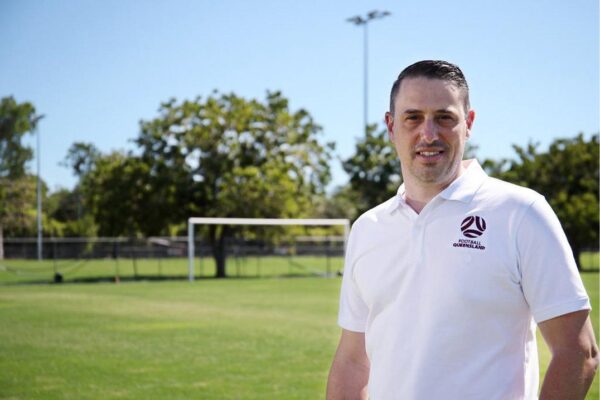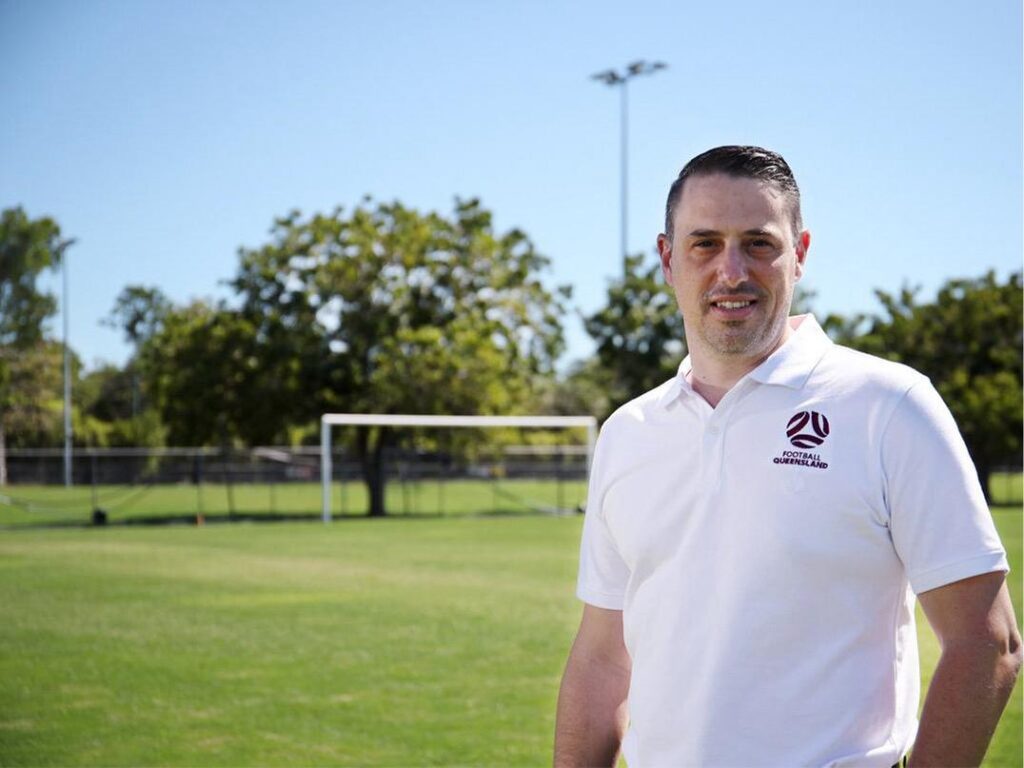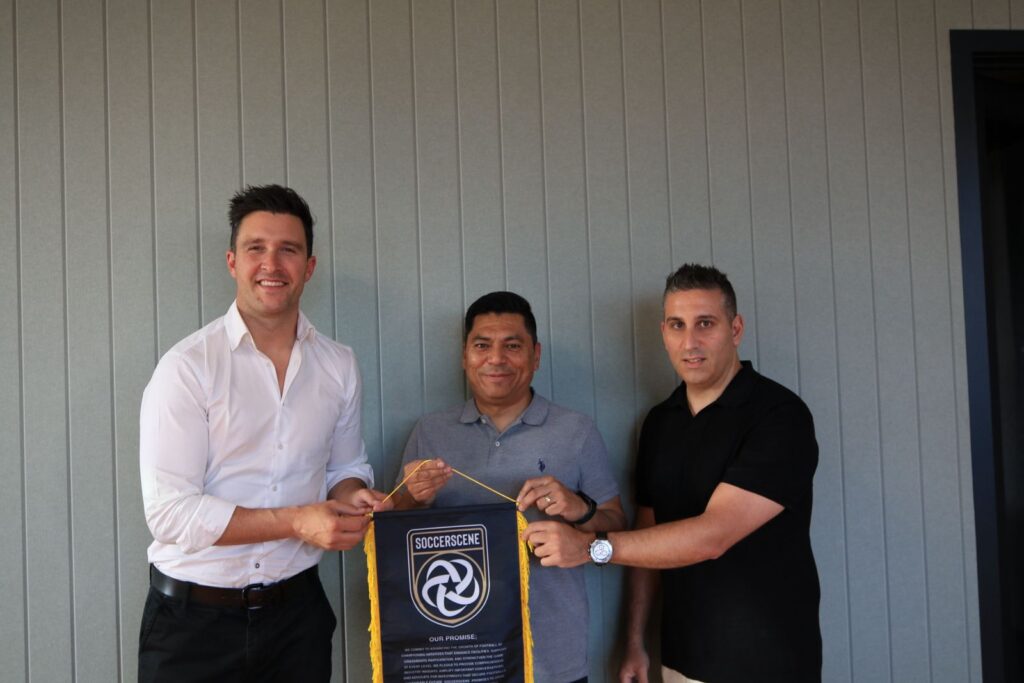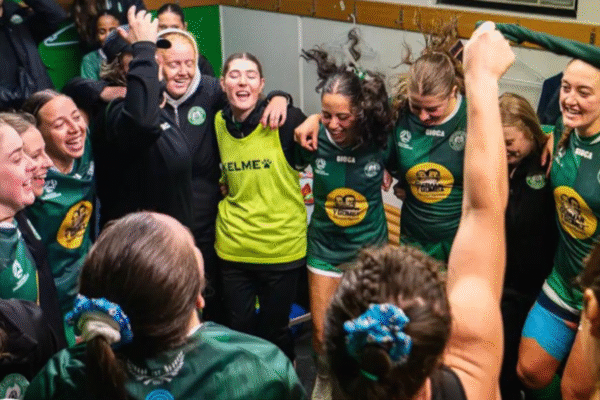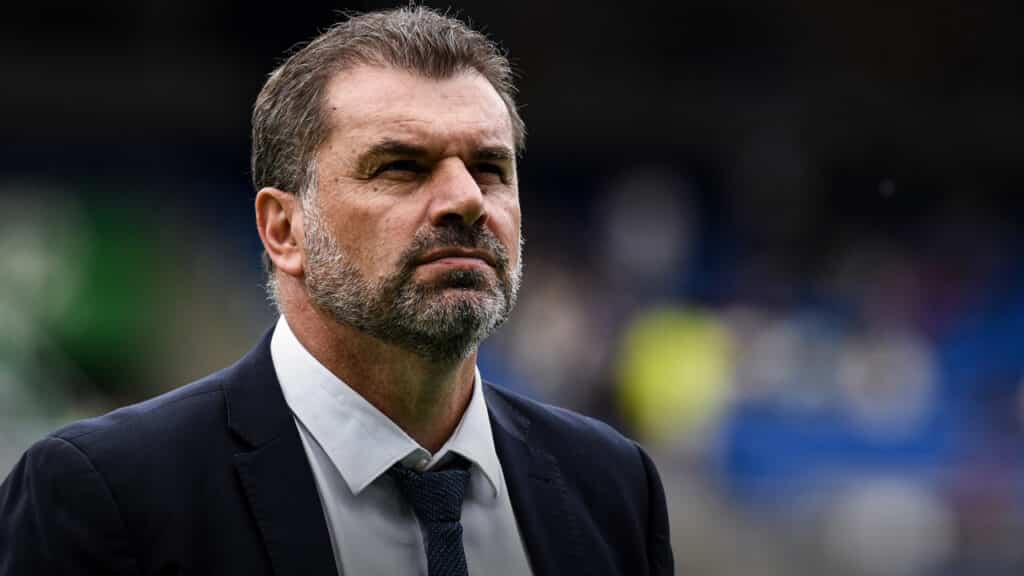
The Asian Football Confederation (AFC) is home to a litany of successful, transformative and triumphant coaches, many of whom have left an indelible mark on the region for years to come. However, the extensive measures put in place by the Union of European Football Associations (UEFA) leave these coaches facing a monumental effort in their attempt to progress their career – coaching amongst the elite of European club football.
The documented challenges faced by Socceroos Asian Cup winning coach Ange Postecoglou in taking on the managerial role at Scottish powerhouse Celtic FC is a significant example recently. Postecoglou’s Australian Pro coaching license – which is the highest level of coaching qualification in Asia – was not recognised as an equivalent to UEFA’s Pro coaching licence, a requirement for coaches in the continent.
In Postecoglou’s case, the appointed Celtic Head Coach was recognised by the UEFA Coaching Convention for his prior experience and success and pro diploma in the AFC, with the clutch that he had to undergo a Recognition of Confidence procedure to determine his aptitude. Following this UEFA convention process he received a ‘certificate of competency’ that now allows him to coach Celtic parallel to completing his UEFA Pro licence.

Such a process is no doubt unnecessarily extensive, particularly for a coach of Postecoglou’s calibre. Moreover, it is an even greater toil of a process for AFC coaches who lack Postecoglou’s years of experience. As even though an AFC Pro Diploma relates to the UEFA A License, it is not the UEFA equivalent.
FIFA’s efforts to establish a cross-confederation recognition of coaching licences have gained little traction within the UEFA confederation to date.
Coaches with non-UEFA credentials are forced to undergo a process whereby they are assessed by a bureau of the Jira Panel – the body responsible for the developing and fostering of coaching and coach education across Europe – on a case-by-case basis and on request. There is no official agreement between UEFA and other confederations regarding the mutual recognition of coaching qualifications.
An initiative led by Head of Football Education Services at UEFA, Frank K. Ludolph in October 2019, represents the most recent effort to amend the UEFA Coaching Convention in support of non-UEFA coaches seeking recognition of their respective confederation’s pro licence by UEFA.
Among other recommendations, the initiative suggested that for recognition of non-UEFA coaching qualifications to be considered, the coach would need to have at least five years’ experience coaching a team of the club or the national team of a FIFA member association at the relevant training level and the relevant coaching qualification which meets UEFA’s minimum criteria.
“The procedure determines whether these competences are ‘recognised’. This means coaches will need to compile supporting documents for the procedure, go through the assessment and convince the assessors (expert panel) that they possess the required competences,” Ludolph stated in his letter address to the Jira Panel.
“If the assessment is successful, the coach will receive an official UEFA Recognition of Competence certificate, not a UEFA diploma/licence. This certificate will be valid for three years and will be renewed if the coach in question completes 15 hours of further education with a UEFA member association in that time, in accordance with the further education requirements applicable to UEFA licence holders. Recognitions of competence will remain transferable between UEFA member associations that are parties to the UEFA Coaching Convention.”
Postecoglou and many Australian coaches – including Bristol City’s Tanya Oxtoby and the recently announced Juventus coach Joe Montemurro – befit the aforementioned recommendations, however change has been a slow and laborious process with little eventuating from these recommendations.

The challenging circumstances that Australian coaches have found themselves in overseas have been well-documented, but it is often out of a sheer desire to make the step up that leaves coaches trapped in complicated and indefinite contracts.
Speaking at a Football Coaches Australia (FCA) webinar last year were international lawyers Josep Vandellos and Susanah Ng and Australian lawyer Peter Paleogolos. Their inclusion in the webinar was essential in shedding light on the at times vague and difficult contract situations faced by coaches overseas.
FCA CEO Glenn Warry, who facilitated the webinar, said that the following key issues emanated from the experts’ presentations that focused on how a coach’s role can be defined within their coaching contract overseas according to their qualifications.
“Ensure your role as coach and other appointments such as football director and head of football are clearly defined in the contract,” he said.
“Only football coaches and clubs will have the standing to stay in proceedings before the FIFA legal bodies. Therefore, it is crucial that the designation of a ‘coach’ is included on the Contract (and that the job scope at the very least refers to some coaching duties) if the coach is to be appointed in a dual role.
“The object of contract represents the work that the coach engages to render in favour of the club. It is important to make sure the job for which the coach is recruited is accurately defined as: Head Coach, Assistant Coach or Goalkeeper Coach.”
The struggles experienced by Australian and Asian coaches in attempting to progress their career are inherently stifled by guidelines that appear to act as a preventative, rather than as a method to ‘upskill’ coaches who would no doubt be capable of matching it against the very best if given the role. Warry elaborated further by stating: “Australian coaches who wish to coach in Europe should carefully plan their professional development and coach education pathway. For Australian players who play in Europe, or coaches with dual nationality, the UEFA Coach Accreditation pathway may be more appropriate.

The appointment of Postecoglou and Montemurro to the Celtic and Juventus roles respectively is pivotal for not just the recognition of Australian coaches, but coaching professionals right across the AFC. And, dependant on the success that comes Montemurro’s and Postecoglou’s way, it may be the instigator of change that the region is crying out for.




